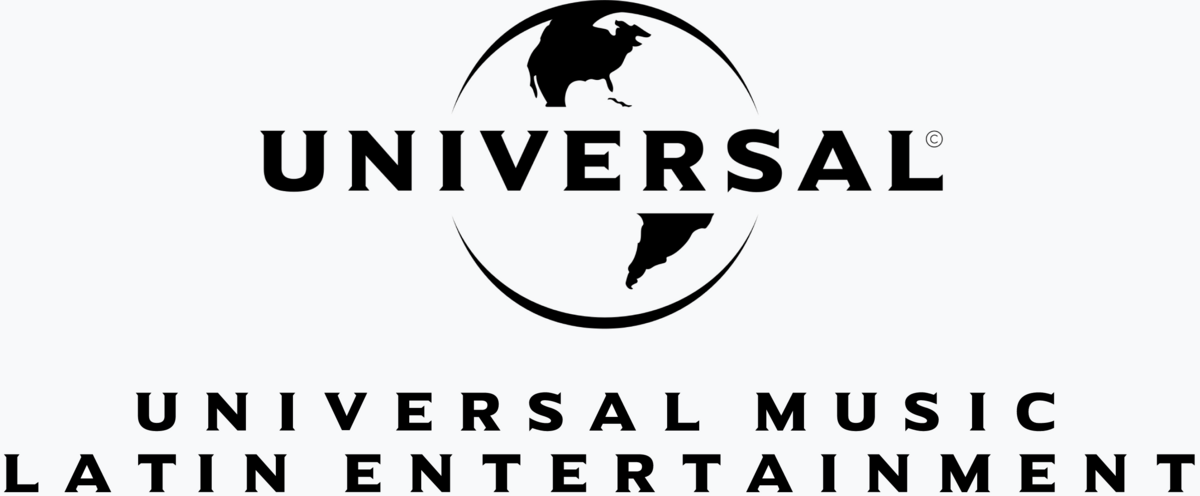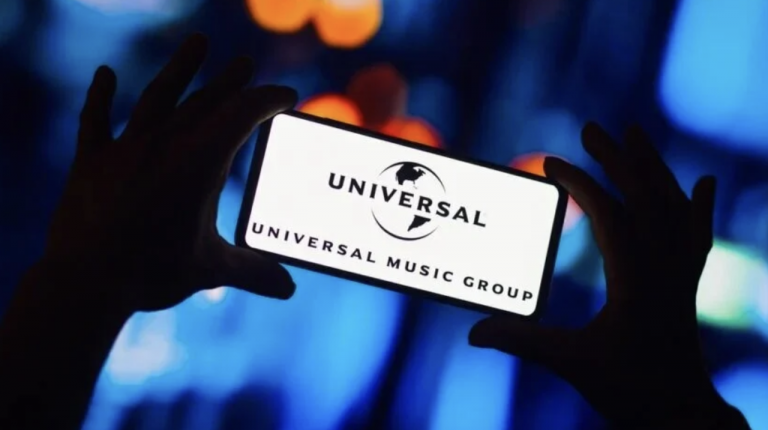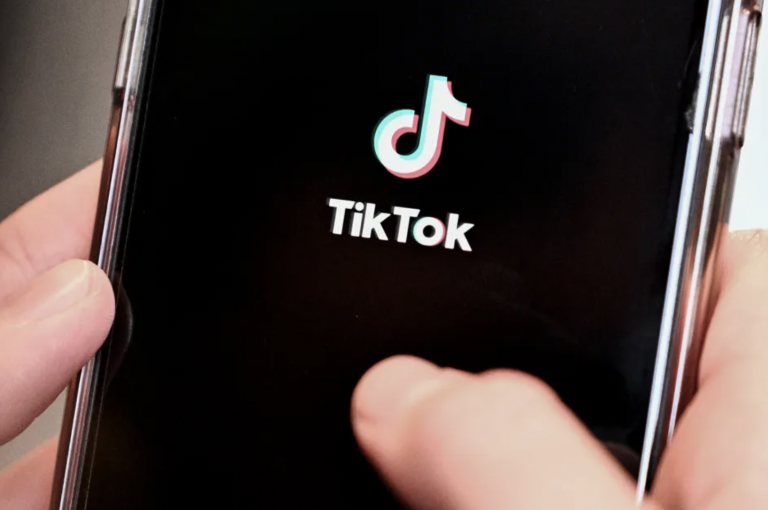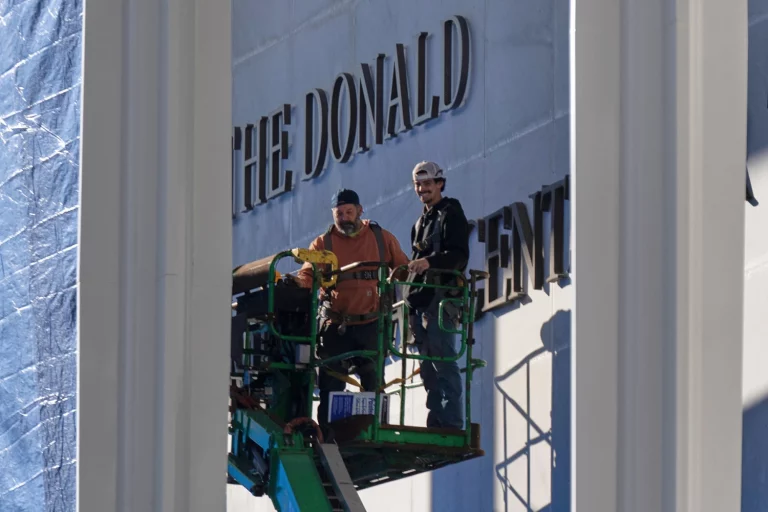
CC BY-SA 3.0
Universal Music Group (UMG)’s proposed $775 million acquisition of Downtown Music Holdings, first announced by UMG’s Virgin Music Group in late 2024, has ignited a firestorm of regulatory and industry debate. At the core of the deal are Downtown’s essential assets, including the B2B distribution platform FUGA and Curve Royalty Systems. This transaction is currently under a high level of scrutiny from European authorities, raising fundamental questions about market competition and the independence of the global music distribution pipeline.
Regulatory Scrutiny and Indie Opposition
The European Commission (EC) escalated its review to a Phase II investigation earlier this year, citing concerns that the combined entity could give UMG access to commercially sensitive data held by FUGA. The deal has also galvanized organized opposition: groups like IMPALA and WIN (Worldwide Independent Network) have been vocal opponents. This summer, a letter signed by over 200 people, including representatives from key groups like Beggars Group and Secretly Group, formally objected to the deal, fearing increased market dominance by the music giant. The EC’s ultimate verdict on the acquisition is now expected as late as Q1 2026.
A Competitive Opportunity for the Independent Sector
Despite the opposition, many leaders in the competing independent distribution space view the situation not as a crisis, but as a strategic opportunity. Executives from companies like OneRPM, Zebralution, and Believe expressed strong confidence in their ability to compete, even with a larger UMG/Downtown/FUGA combination. As OneRPM’s Emmanuel Zunz stated, “there are plenty of alternatives [to UMG/Downtown] for independent artists and labels in the market.” Other leaders see a clear chance for client acquisition. Steve Stoute of UnitedMasters noted that any company owned by a major is “no longer truly independent,” offering labels and artists currently using FUGA the “freedom” to seek a new, truly independent home.
The Push for a World-Class Independent Stack
Ultimately, the debate boils down to where artists and labels choose to place their trust. While some, like IDOL’s Pascal Bittard, worry about UMG’s growing leverage with digital streaming platforms (DSPs), many competitors are focusing on innovation. Henry Semmence of Absolute Label Services argued the situation is “proof that the indie sector needs its own world-class stack,” highlighting the demand for independent, transparent, and agile service. As the industry awaits the EC’s decision, the leading independent distributors are actively positioning themselves as the stable, competitive alternative for anyone uncomfortable with the outcome of this multi-million dollar merger.






